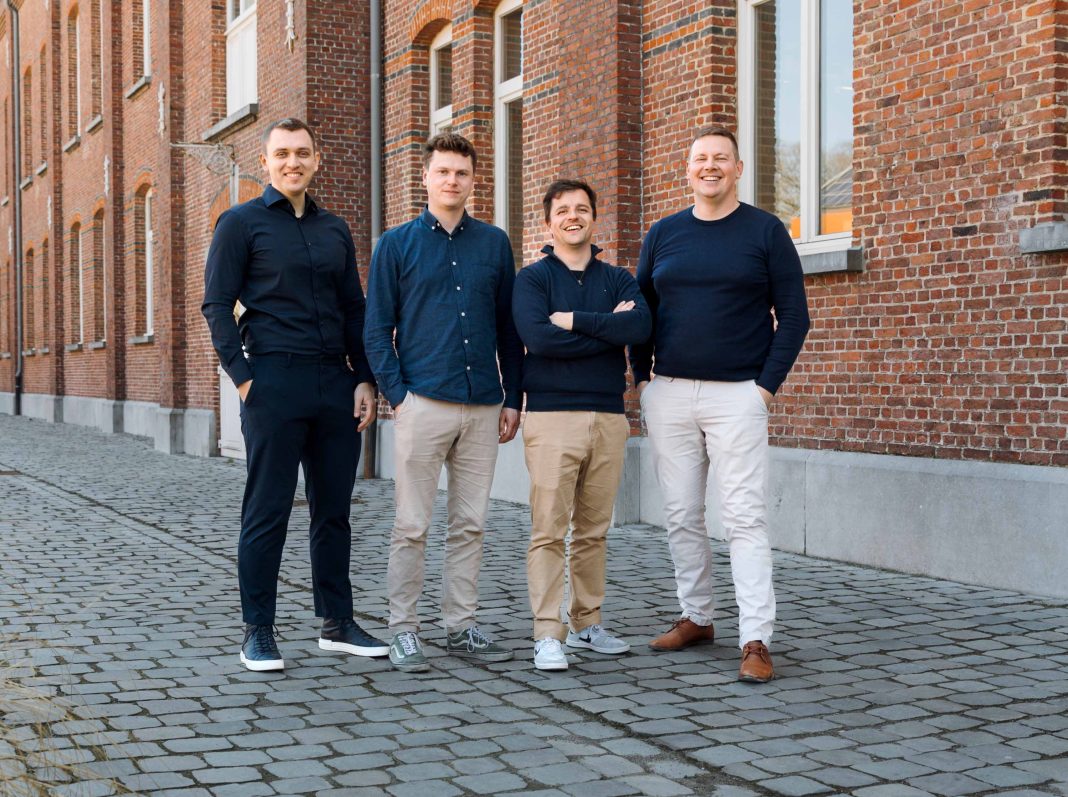With fresh funding, sustainability tech company ClimateCamp aims to expand its platform and accelerate Scope 3 decarbonization.
ClimateCamp has secured €3.5 million in a seed funding round led by Expon Capital, with backing from VLAIO, Luxembourg’s Ministry of the Economy, KBC, PMV, and Birdhouse Ventures. The investment will fuel platform enhancements, strengthen supplier engagement, and scale AI-driven carbon footprint tracking—helping companies cut emissions across their value chains.
With a team of over 18 employees operating across Belgium and Luxembourg, ClimateCamp is now poised to accelerate its mission of turning corporate climate commitments into tangible progress.
How will the €3.5M seed round accelerate ClimateCamp’s growth and platform development?
This funding round will be used to strengthen our core team by bringing in expertise across key areas—including supplier engagement, carbon accounting, development, and establishing partnerships with industry players and consultants working on similar challenges. We’ll also invest in enhancing our platform’s functionality to better align with our customers’ operational realities and procurement processes. In parallel, we’ll continue improving data interoperability with other carbon data platforms and advancing our AI capabilities to scale impact and efficiency over time.
“As we scale, we plan to adopt more agentic AI to handle the majority of data requests efficiently.”
What challenges did you face expanding beyond brewing, and which sectors are next?
Every supply chain is unique and brings its own set of challenges when it comes to engaging suppliers, calculating carbon footprints, and setting reduction targets. Some are made up of many small suppliers with limited access to emissions data, while others are highly complex or geographically dispersed. Even between similar companies, there can be significant differences—for instance, when certain purchased goods account for a large share of emissions but are essential to the final product. In these cases, companies often need to explore multiple strategies to effectively reduce their footprint. We remain focused on food manufacturers and packaging as they both represent companies with enormous Scope 3 emissions.
How will you maintain your AI + human supplier engagement model as you scale?
AI enables us to automate routine tasks related to data collection and processing, but we’ve found that a human touch remains essential—especially when navigating complex situations or engaging companies that are earlier in their carbon journey. As we scale, we plan to adopt more agentic AI to handle the majority of data requests efficiently. At the same time, we’ll implement systems that allow our human experts to step in where they can make the biggest impact—enhancing data quality and providing personalized support where it matters most.

